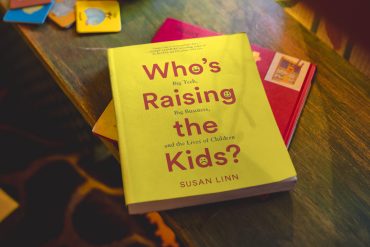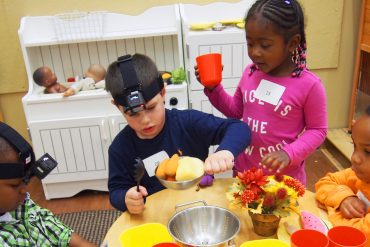Just one day after President Joe Biden dropped out of the 2024 presidential election and endorsed his vice president, Kamala...
Staying Engaged In Uncertain Times
Amid the evolving policy environment, Start Early’s Yvette Sanchez Fuentes says early care and education advocates can build on bipartisan support.
Amid the evolving policy environment in Washington, early care and education advocates are weighing how best to preserve successful programs...
The child care movement needs a broad base of support in order to win an effective, publicly-funded system. Now, a new research paper is opening another door by showing how child care is impacting that most respected of American icons: farmers.
There are more than 19,000 cities and towns and more than 13,000 school districts in the United States, and it’s...
Autumn is officially here! In case you were overloaded with back-to-school-daze and all the other shifts that come with seasons...
In her excellent book, Who’s Raising the Kids: Big Tech, Big Business, and the Lives of Children, Dr. Susan Linn brings this insidious behemoth to the foreground and underscores it with bright red lines.
Because we can’t take our Early Learning Nation Studio on the road during this time, stay tuned as ELN recaps...
How to Citizen is all about how to fix democracy, something that many Americans feel is deeply if not permanently broken. Early Learning Nation magazine interviewed Thurston, who also hosts America Outdoors on PBS, and gained insight into how he thinks about interpersonal and global issues alike.
Edward Manuszak wears many hats, but the two most important are Superintendent of Dundee (MI) Community Schools and as the AASA Early Learning Cohort Co-Chair. In both roles, he works to deliver excellent learning opportunities. So why is Manuszak among the first to say that “Early Childhood Matters Most?”
The early child care education workforce was strained even before the pandemic. Poor pay and benefits not only hurt recruitment...
Early Learning Nation magazine often focuses on child care and early education, which comprise about one-fifth of the $648 billion...
GoPro cameras are all the rage with skateboarders and other extreme athletes who want to capture their exploits for YouTube....














